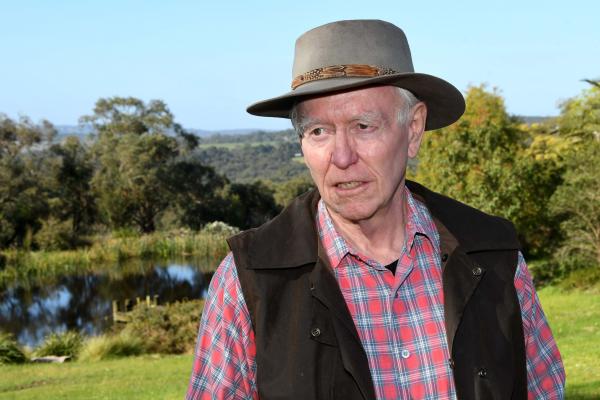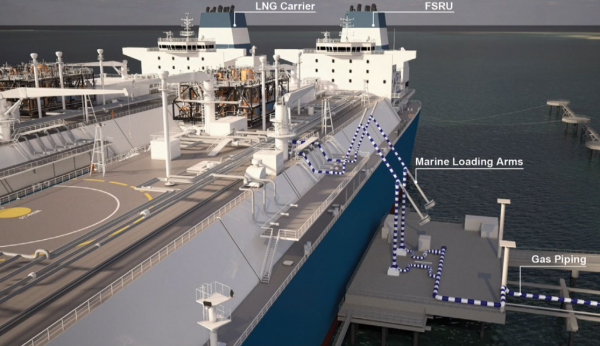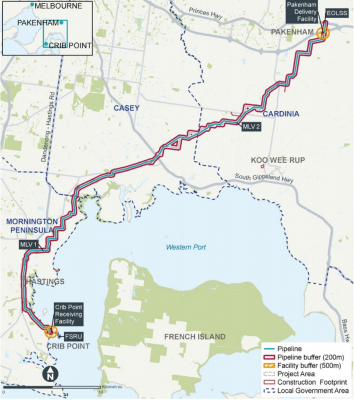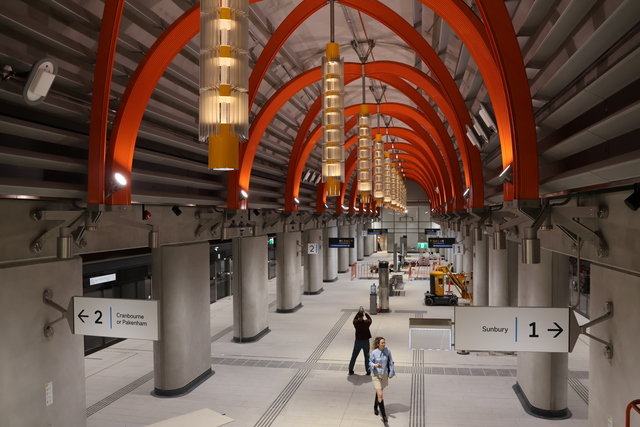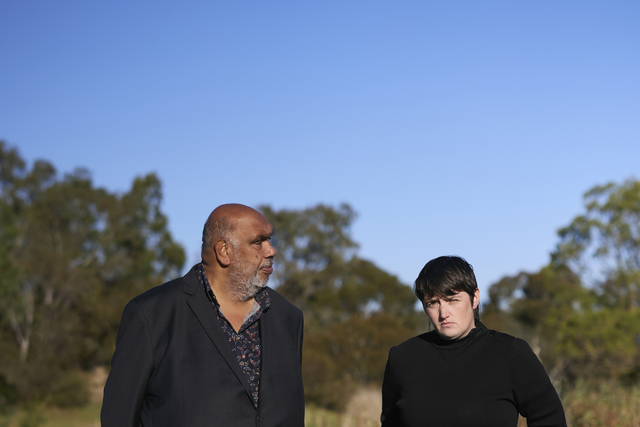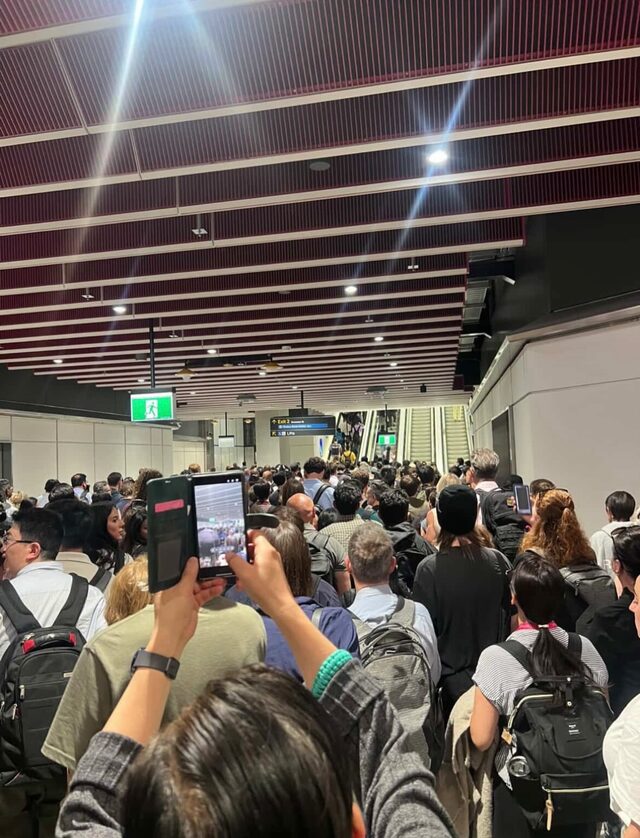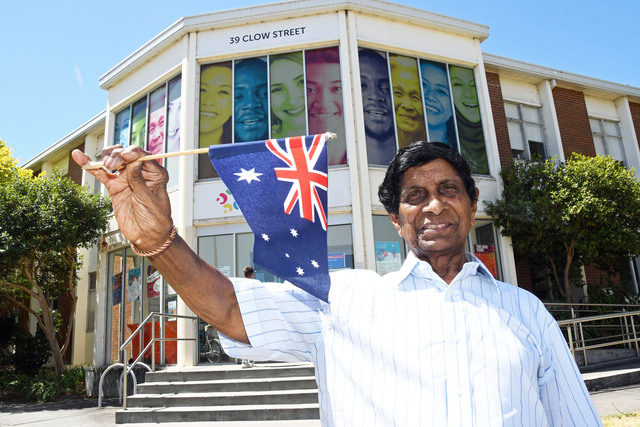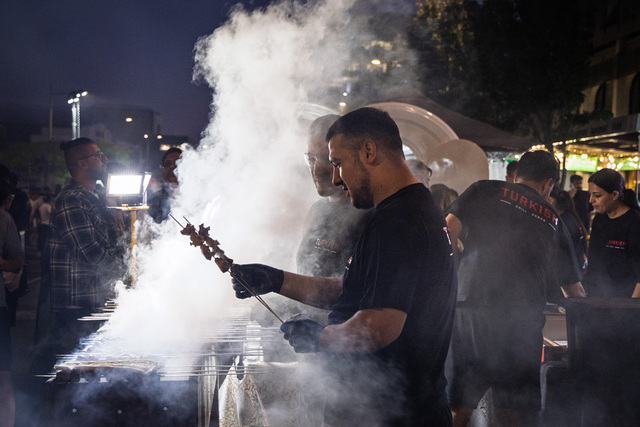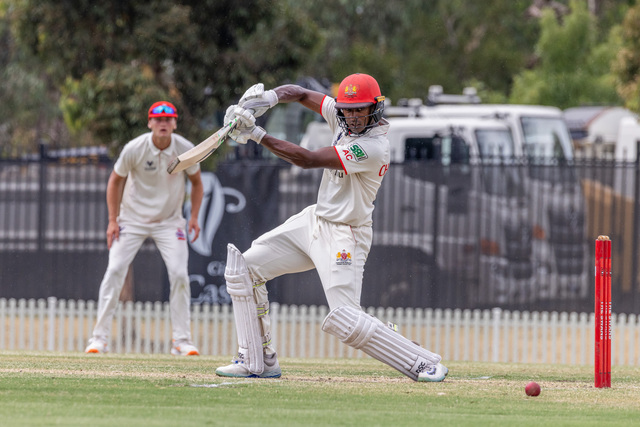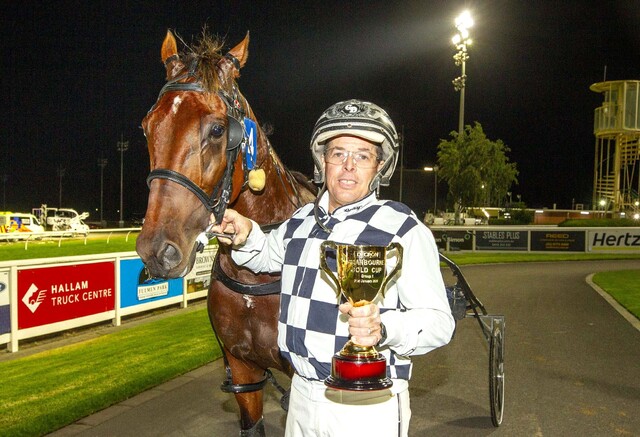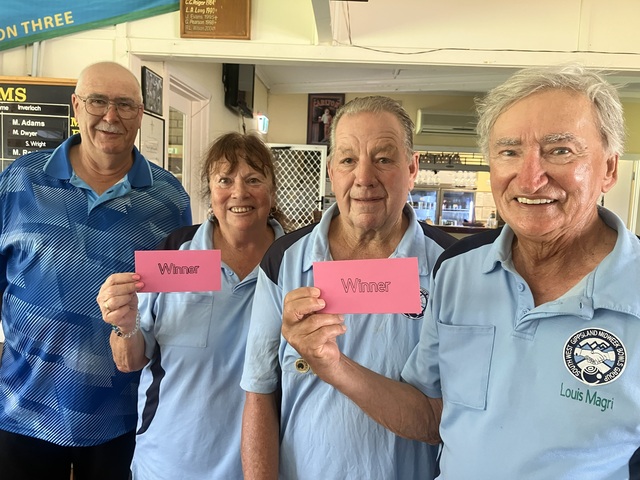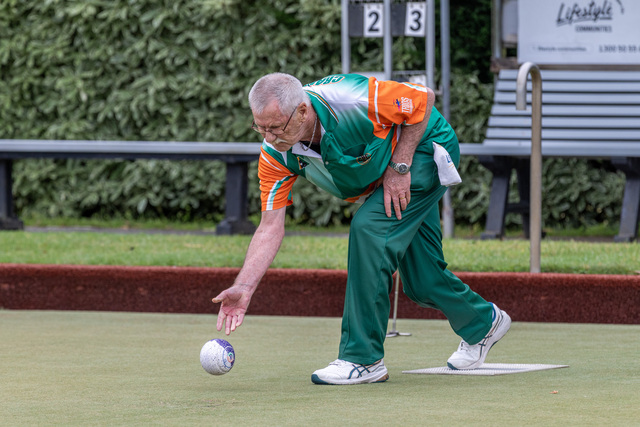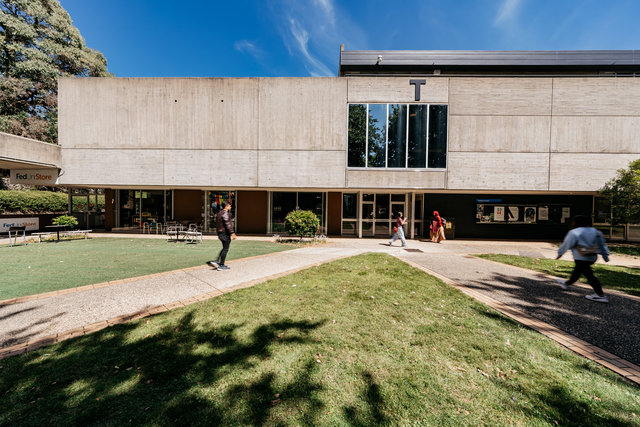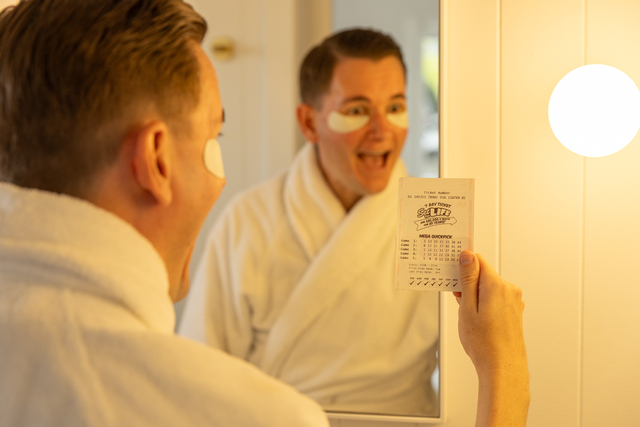A prominent environmental group has added its voice to a rallying cry to oppose a controversial gas pipeline project that proposes to cut through properties in Casey.
The Mornington Peninsula and Western Port Biosphere Foundation, a not-for-profit group, has opposed energy giant AGL’s proposal to build a 57-kilometre pipeline to Pakenham, saying marine and terrestrial life along with regional communities “would have to bear the costs”, which it deemed “unacceptable”.
The project also proposes to build a liquefied natural gas floating storage unit at Crib Point jetty – which is touted as a solution to meet a predicted shortfall in gas supply by 2024.
Under the plans, about 14.3km of the pipeline would impact properties in Clyde, Cannons Creek, Devon Meadows, Pearcedale and Tooradin, which farmers have signalled would pose environmental effects.
The Foundation’s chair Jo McCoy said it was important project such as this were “subjected to real scrutiny” and the environment of Western Port cannot be “treated lightly” after it found “short-comings and misrepresentations” in response to AGL and APA Group’s recently released Environment Effects Statement (EES) for the project, which was made at the direction of the Planning Minister and details the range of potential impacts on vegetation, wildlife, marine life and Aboriginal heritage.
“Quite apart from investing in a fossil fuel project rather than renewables in the first place, a huge gas-filled ship permanently moored in the middle of an internationally protected Ramsar wetland is not a good idea,” Ms McCoy said.
John Counsell, a 76-year-old Harkaway resident, who has a life-long affiliation with the Western Port, said the Western Port “must not be put at risk of becoming collateral damage”.
The veteran sailor who docked at Flinders following a 13-month voyage from England with his wife in 1977, said he had concerns the project would impact the “healthy, relatively pristine surrounds” of the Western Port.
Last month Mornington Peninsula Shire councillors voted to oppose the project saying it “poses an unacceptable risk to the environment for unproven economic and resource gains”.
Cardinia Shire Council also opposed the EES in its current form after the community wasn’t “adequately consulted”.
The issue was discussed at Casey Council’s 18 August meeting, where council administrator Cameron Boardman accused Mornington Peninsula Shire of being “quite irresponsible” in its submission, saying it contained a “complete absence” of any “reason or rational of why the project is going ahead” – which was in “complete contrast” to Casey’s submission which took a more “holistic” approach.
Casey Council’s submission, which was endorsed at the meeting, said although it “has no stated position on the efficacy or justification of the proposed project at this stage” it did recommend that a “no build option” be considered after citing “several concerns”.
This included the overall rationale of the project, impacts to landowners, land and marine environment, agricultural land within the green wedge, and greenhouse gas emissions.
The proposed project also threatened fauna such as Southern Brown Bandicoot and Growling Grass Frog within the Western Port Green Wedge in Casey, the report said.
Mr Boardman said by drafting a report that provides “factual evidence” and “looks clearly from the viewpoint” of all issues raised in the EES following extensive community consultation, “I think that balance has been achieved quite nicely”.
According to the EES statement, two pipeline alignment variants were assessed between Crib Point and APA’s Dandenong South LNG Facility but “further investigation and field verification identified this corridor as highly constrained, due to the pattern of development, urban growth and industrial subdivision in these areas”.
Meanwhile, Hastings Liberal MP Neale Burgess has called on the Planning Minister to reverse his decision not to extend the current public exhibition period of the EES.
“Both stage-three and stage-four lockdowns have made it impossible for residents to meet face to face and hold working groups or public meetings to discuss this enormous and complex EES,” he said.
Casey Council will present the issues raised in their submission at an inquiry and advisory committee public hearing starting 12 October.

